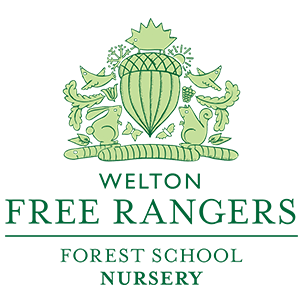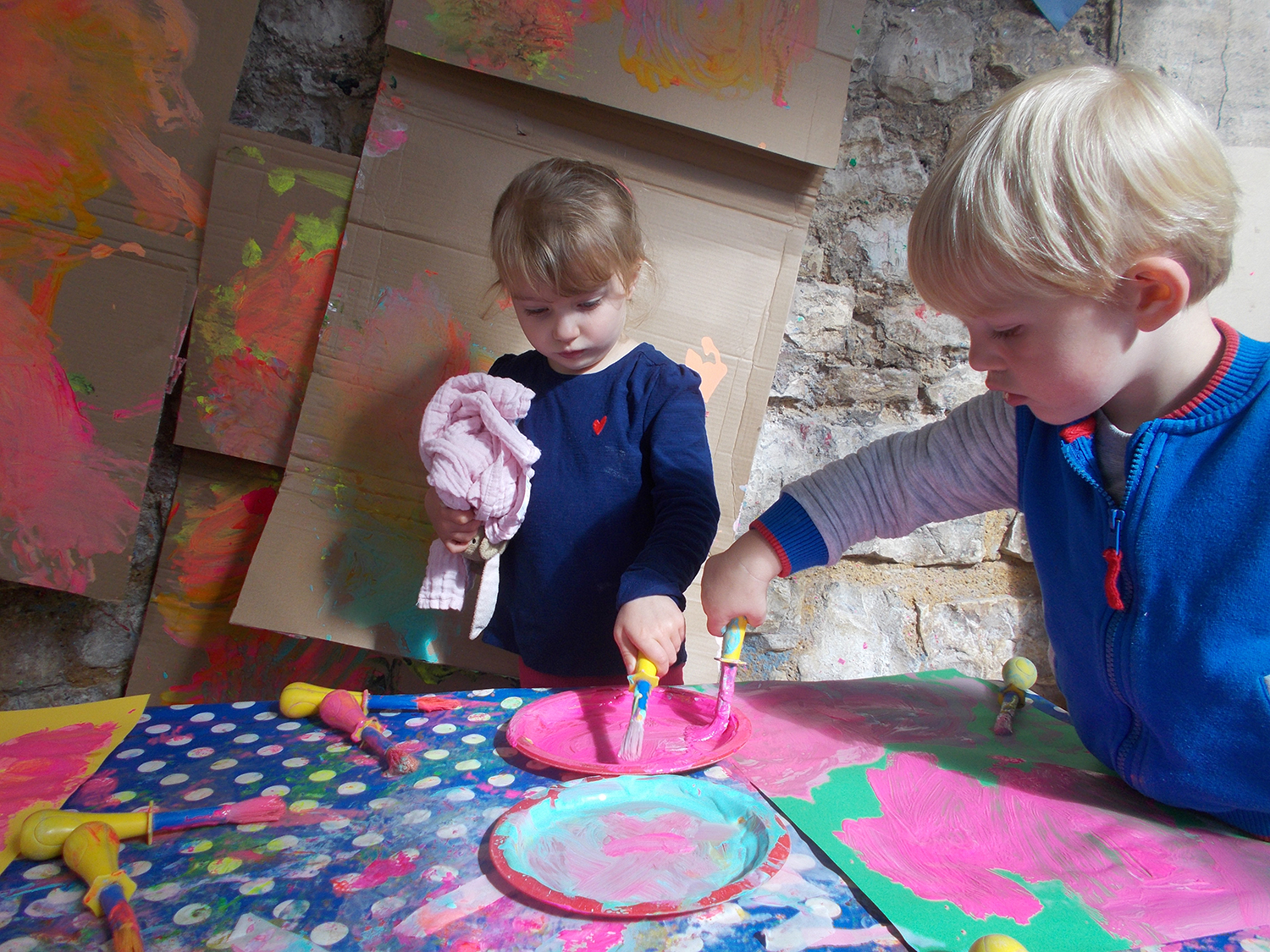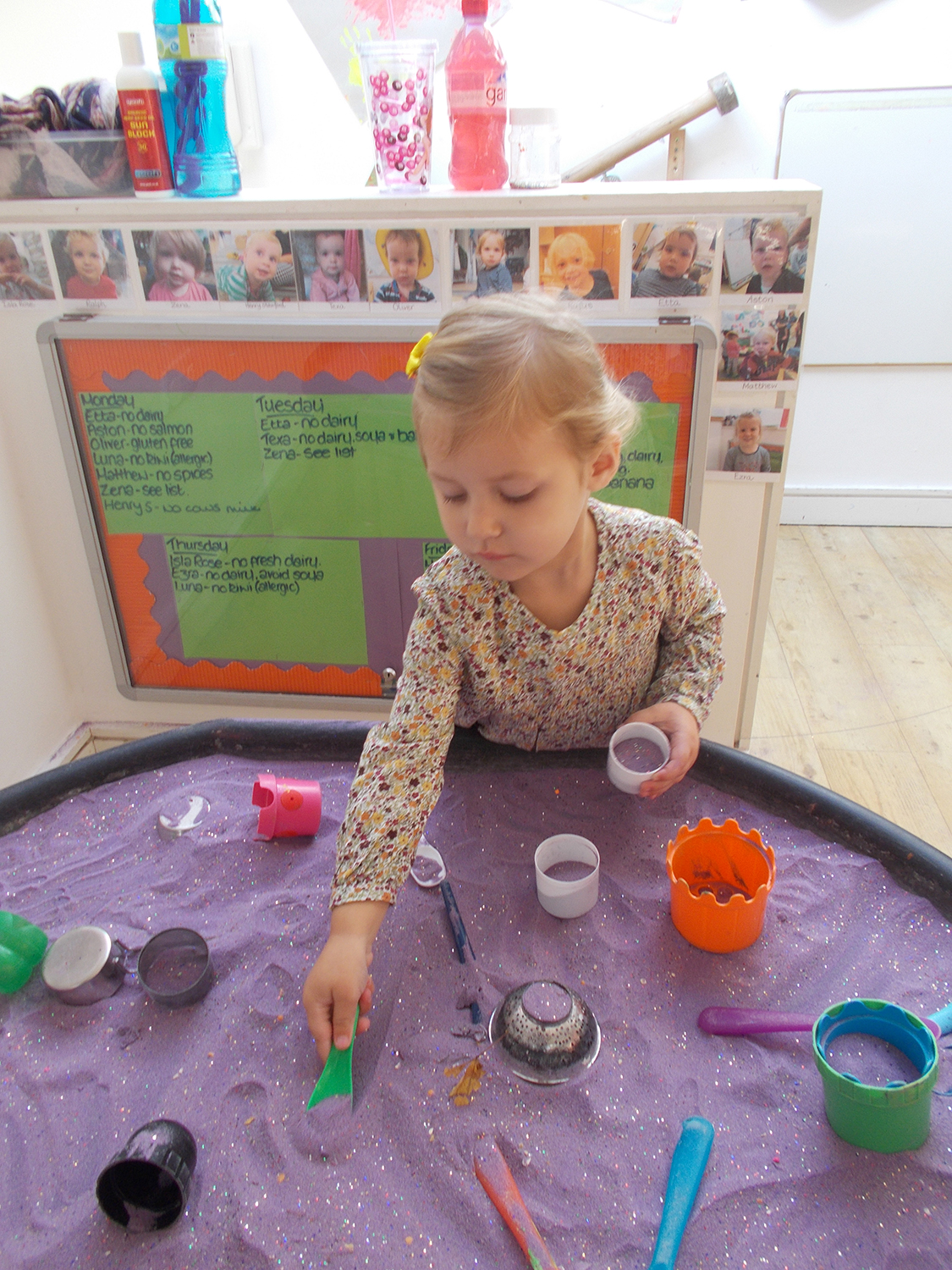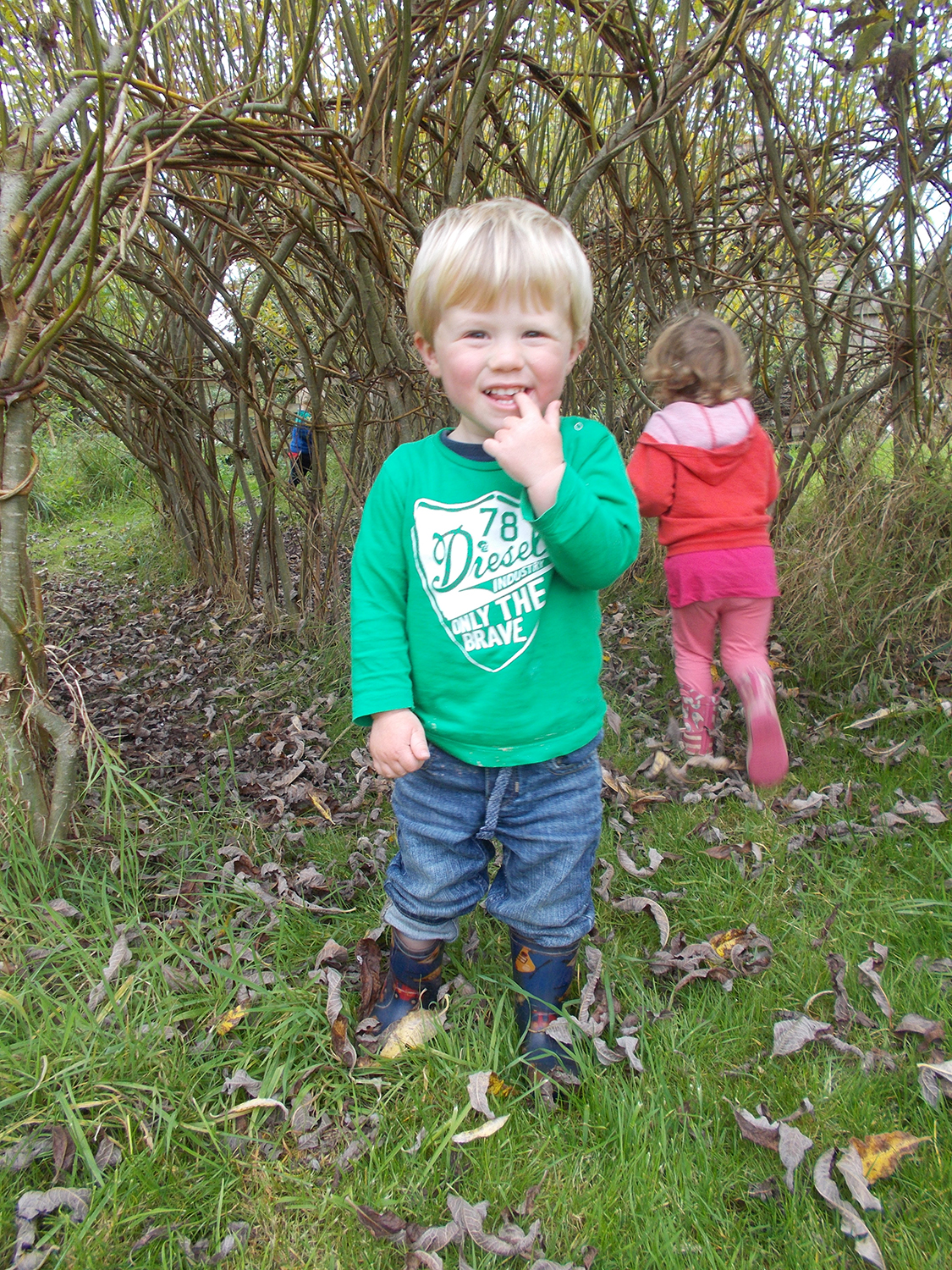‘View transition as a process not an event: plan ahead and value the concerns of children and their families; make transition and the wellbeing of children a priority.’
(Teach Early Years Publication 2017)
The Hive (children under two) and the Burrow (children two to three) have been working hard to improve transition for the children and their families between the two rooms.
Soraya (Under threes provision leader) spends every Tuesday morning in the Hive working with staff and getting to know the children. The Burrow and the Hive meet regularly to reflect on practice and address training and development issues.
In August the Burrow children shared their Forest School sessions in the Hive garden whilst children from the Hive came to have ‘settling in’ sessions in the Burrow with their key people.
Hive families were given information packs about moving to the Burrow and completed ‘All About Me’ forms sharing information about their children to give the Burrow staff as much information about their children as possible.
Two ‘Stay and Play’ sessions for all parents and children were also put in the diary for August and September. Burrow and Hive practitioners were available to chat and play with children and their parents. The first was very well attended while the latter had only one family who had a great time exploring the space and opportunities.
The children have all moved to the Burrow now and seem to be settling in well. They’re getting to know the adults in the room with a special focus on their key person (Soraya, Lauren (Forest School Leader), Nic, Ezme, Francesca and Nina (part time). They are also getting to know different children on different days as well as the routines that help the Burrow to flow smoothly.
‘A more equal relationship means recognising that both partners contribute their expertise. Professionals have more general knowledge of child development and learning which they share with parents, complementing what parents already do. Parents have greater knowledge of their own child, everyday experiences and circumstances. Through sharing both sets of equally important expertise, provision and outcomes for the child are improved’ (PEEL 2006)
As a team we are considering:
How to ensure that parents/carers feel valued and that their expert knowledge of their child is welcomed and valued
How to ensure our approach meets the unique needs of each family to enable early relationships
How to continue to build on these early relationships and engage families in their child’s learning
Please feel free to share your thoughts and ideas with us – pop in and chat to us or send an email to sorayafreerangers@gmail.com.
Soraya










